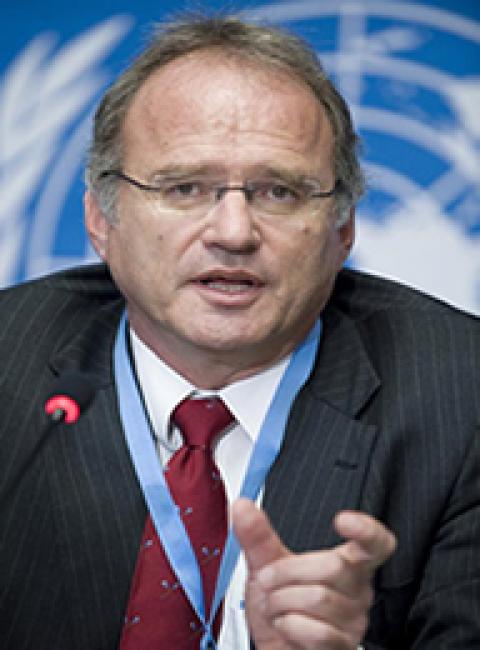Saudi Arabia beheaded a Pakistani convicted of heroin smuggling Tuesday, the interior ministry said, bringing the number executed in two weeks to four.
It said a Saudi national was also executed in a separate case, raising to 61 the number of death sentences carried out in the kingdom this year, according to an AFP tally.
Mohammed Gul Rahma of Pakistan was executed in Qatif in the kingdom’s oil-rich Eastern Province, the official Saudi Press Agency (SPA) reported, citing the interior ministry.
Rahma “was caught smuggling a large quantity of heroin,” SPA said.
Three other Pakistanis found guilty of heroin smuggling have also been beheaded this month, two of them in the Eastern Province.
Also on Tuesday, Mohammed bin Noun bin Nasser Al-Dhufairi of Saudi Arabia was executed in northern Jawf region for smuggling amphetamines pills, SPA said.
The interior ministry says the government “is keen on combating narcotics due to their great harm to individuals and society.”
A United Nations independent expert called in September for an immediate moratorium on the death penalty in Saudi Arabia.
Christof Heyns, the UN special rapporteur on extrajudicial, summary or arbitrary executions, said trials “are by all accounts grossly unfair” and defendants are often not allowed a lawyer.
He said confessions were obtained under torture.
Rape, murder, apostasy, armed robbery and drug trafficking are all punishable by death under Saudi Arabia’s strict version of Islamic sharia law.
Human Rights Watch expressed alarm in August at a surge in executions, which saw 19 people beheaded between in 16 days.
HRW said a number of those executed had been convicted of non-violent offenses such as drug trafficking and “sorcery,” and described the use of the death penalty in their cases as “particularly egregious.”
Moreover, Saudi judges have this year passed death sentences on five members of the country’s Shia Muslim minority for their part in pro-democracy protests.


Spread the word